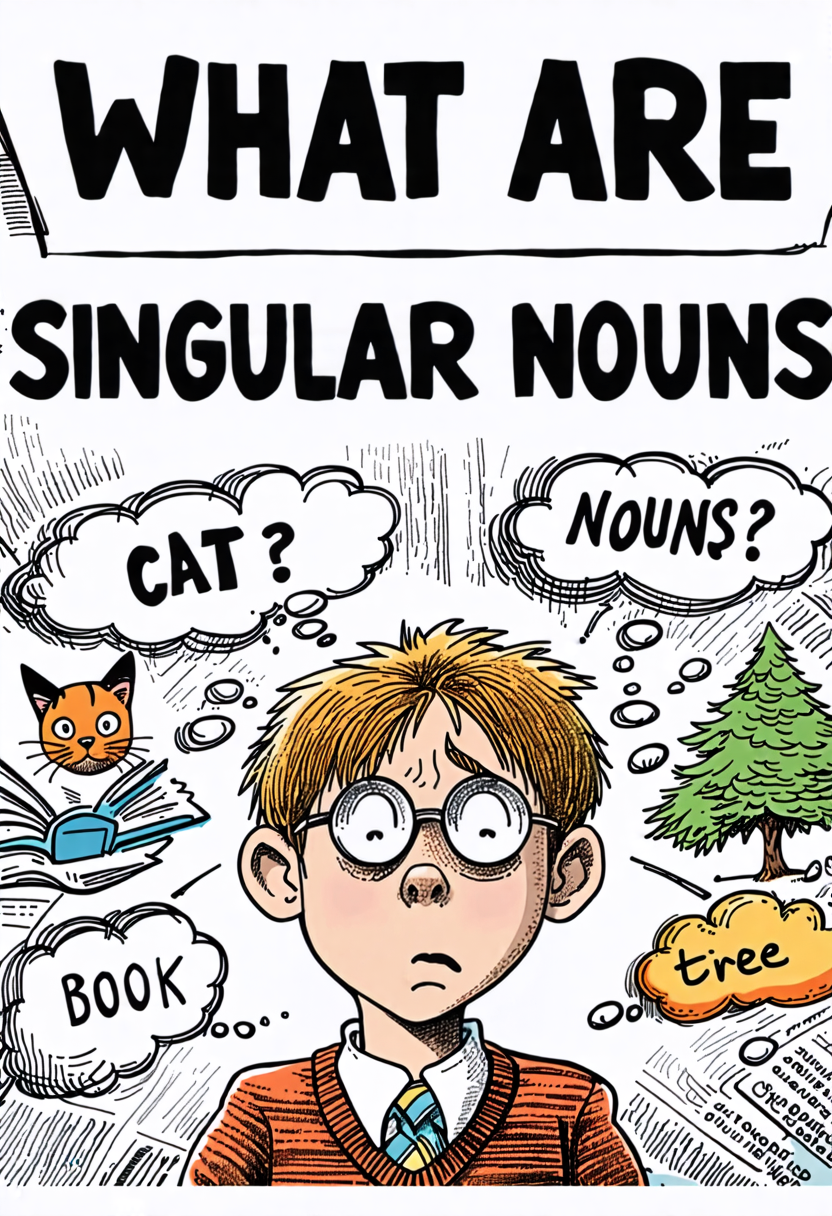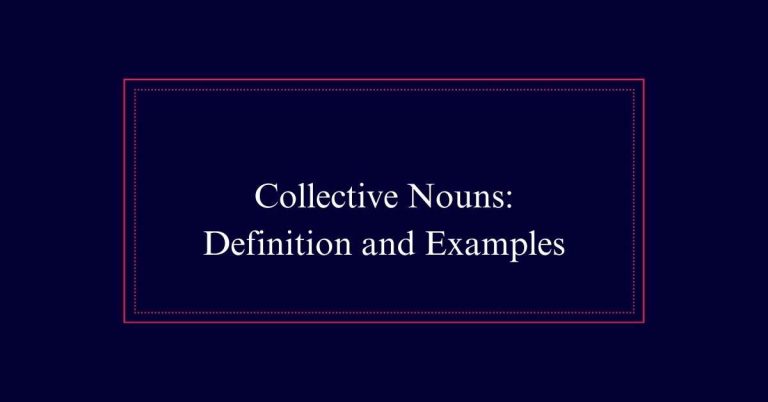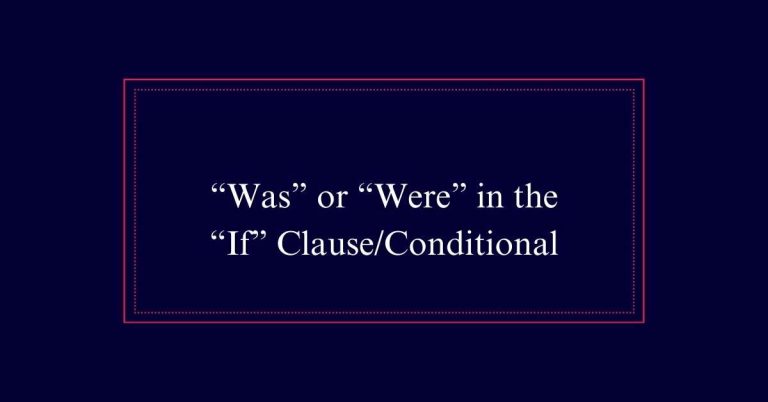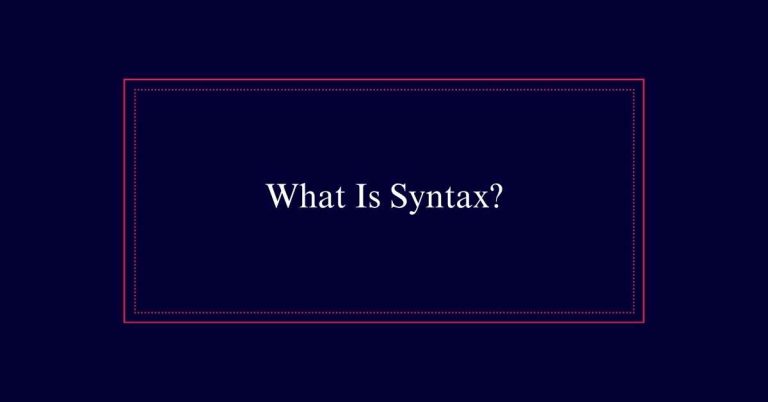What Are Singular Nouns?
Singular nouns refer to a single person, place, thing, or idea. Examples include words like ‘dog,’ ‘teacher,’ and ‘book.’ They are essential for forming clear and concise sentences in English. Singular nouns also help create proper subject-verb agreement, ensuring accurate communication.
While plural nouns represent multiple entities, singular nouns specify just one. Understanding singular nouns also aids in recognizing irregular forms like ‘child’ and ‘children.’
Definition of Singular Nouns
A singular noun represents one person, place, thing, or idea. It is a fundamental part of speech in English. Singular nouns indicate a single entity and do not require additional modifications to show their singularity.
Examples include ‘student,’ ‘teacher,’ and ‘class.’ These nouns stand alone and are distinct from their plural counterparts. By clearly identifying one object or individual, singular nouns help convey precise information. They are essential for accurate communication in both written and spoken language.
Singular Vs. Plural Nouns
Understanding singular nouns is the first step, but recognizing the difference between singular and plural nouns is equally important. Singular nouns refer to one entity, whereas plural nouns refer to multiple entities.
For example, ‘student’ is singular, while ‘students’ is plural. The distinction affects both noun forms and verb agreement.
Key differences include:
- Formation: Singular nouns generally do not change, while plural nouns often add -s or -es.
- Verb Agreement: Singular nouns take singular verbs; plural nouns take plural verbs.
- Context: Singular nouns indicate one item; plural nouns indicate more than one.
- Irregular Forms: Some nouns do not follow regular pluralization rules, such as ‘child’ (singular) and ‘children’ (plural).
Common Singular Nouns
Common singular nouns frequently encountered in everyday language include ‘dog,’ ‘car,’ ‘house,’ ‘book,’ and ‘computer.’ These nouns represent single entities and are fundamental in constructing clear and concise communication.
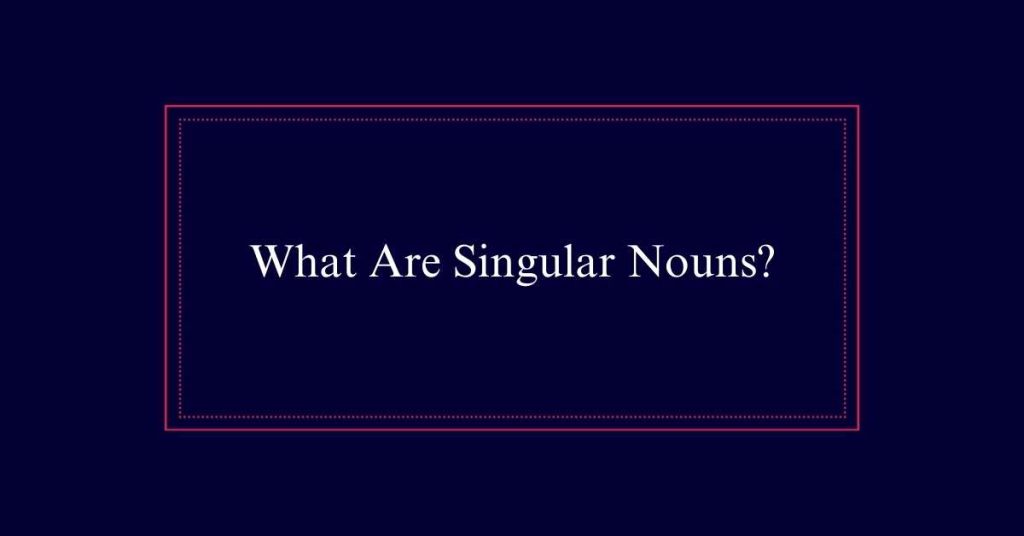
Each of these words stands for one specific item, person, or idea. For example, ‘dog’ refers to one canine, and ‘house’ signifies a single dwelling. Using singular nouns helps to specify and delimit the subject of a sentence. They are the building blocks of effective language, providing clarity in both spoken and written forms.
Forming Plural Nouns
To form plural nouns, typically add -es to the end of the singular noun. This rule applies to most nouns.
However, there are several variations based on the ending of the word. Understanding these can help in correctly forming plural nouns.
- Nouns ending in -s, -sh, -ch, -x, or -z: Add -es (e.g., bus → buses, box → boxes).
- Nouns ending in a consonant + y: Change the y to i and add -es (e.g., baby → babies).
- Nouns ending in -f or -fe: Change the f to v and add -es (e.g., wolf → wolves).
- Nouns ending in -o: Add -es if preceded by a consonant (e.g., tomato → tomatoes).
Irregular Plural Nouns
Irregular plural nouns do not follow the standard rules of pluralization. Instead of adding -s or -es, they change form entirely or remain the same. Understanding these exceptions is essential for proper usage. Below is a table illustrating common irregular plural nouns:
| Singular | Plural | Example Sentence |
|---|---|---|
| Child | Children | The children are playing. |
| Tooth | Teeth | She brushes her teeth. |
| Foot | Feet | He has big feet. |
| Mouse | Mice | Mice ran across the floor. |
| Person | People | People are friendly. |
When to Use Singular
A singular noun should be used when referring to a single person, place, thing, or idea. Using singular nouns is crucial for clarity and precision in communication. They help to differentiate between one entity and multiple entities. Singular nouns are the standard form and do not require additional modifications to indicate the quantity.
Examples of when to use singular nouns include:
- Referring to a single individual, such as ‘student’ or ‘teacher’.
- Describing one location, such as ‘city’ or ‘school’.
- Indicating one object, like ‘book’ or ‘car’.
- Expressing a single concept or idea, such as ‘freedom’ or ‘happiness’.
Subject-Verb Agreement
Subject-verb agreement guarantees that the verb matches the singular or plural nature of the noun. This guarantees clarity in writing. Singular nouns require singular verbs, and plural nouns require plural verbs. For instance, ‘The student writes’ is correct, whereas ‘The student write’ is not. This rule is essential for proper grammar.
Here’s a quick reference table to illustrate:
| Noun | Correct Verb | Incorrect Verb |
|---|---|---|
| The cat | sits | sit |
| The dogs | run | runs |
| The teacher | explains | explain |
| The cars | move | moves |
Mass and Collective Nouns
Following the rules of subject-verb agreement, it’s important to understand how mass and collective nouns function in sentences.
Mass nouns, also known as uncountable nouns, refer to substances or concepts that cannot be counted individually, such as ‘water’ or ‘information.’ These nouns always take a singular verb.
Collective nouns, on the other hand, describe a group of individuals or items considered as a single entity, like ‘team’ or ‘flock.’ Depending on context, collective nouns can take either singular or plural verbs.
- Mass nouns always use singular verbs.
- Collective nouns can use singular or plural verbs, based on context.
- Examples of mass nouns include ‘furniture’ and ‘advice.’
- Examples of collective nouns include ‘jury’ and ‘family.’
Tricky Singular Nouns
Moving through tricky singular nouns requires careful attention to context and meaning. Some nouns appear plural but are actually singular. For instance, ‘news’ and ‘mathematics’ are singular despite their plural forms.
Other tricky cases involve collective nouns like ‘team’ or ‘family,’ which are singular when referring to the group as one entity.
Mass nouns, such as ‘water’ or ‘information,’ always remain singular, even though they refer to substances or concepts that can be plentiful.
Additionally, units of measurement like ‘ten dollars’ are treated as singular because they represent one amount.
Importance of Singular Nouns
Singular nouns play an essential role in ensuring clear and precise communication. They allow speakers and writers to specify individual entities, reducing ambiguity. Understanding the importance of singular nouns helps in constructing grammatically correct sentences and maintaining subject-verb agreement. This clarity is vital in both written and spoken language, aiding in effective information exchange.
Key points highlighting the importance of singular nouns include:
- Singular nouns provide specificity, which enhances understanding.
- They guarantee grammatical accuracy by maintaining subject-verb agreement.
- Singular nouns help distinguish between one entity and multiple entities.
- They are foundational to constructing clear and concise sentences.
